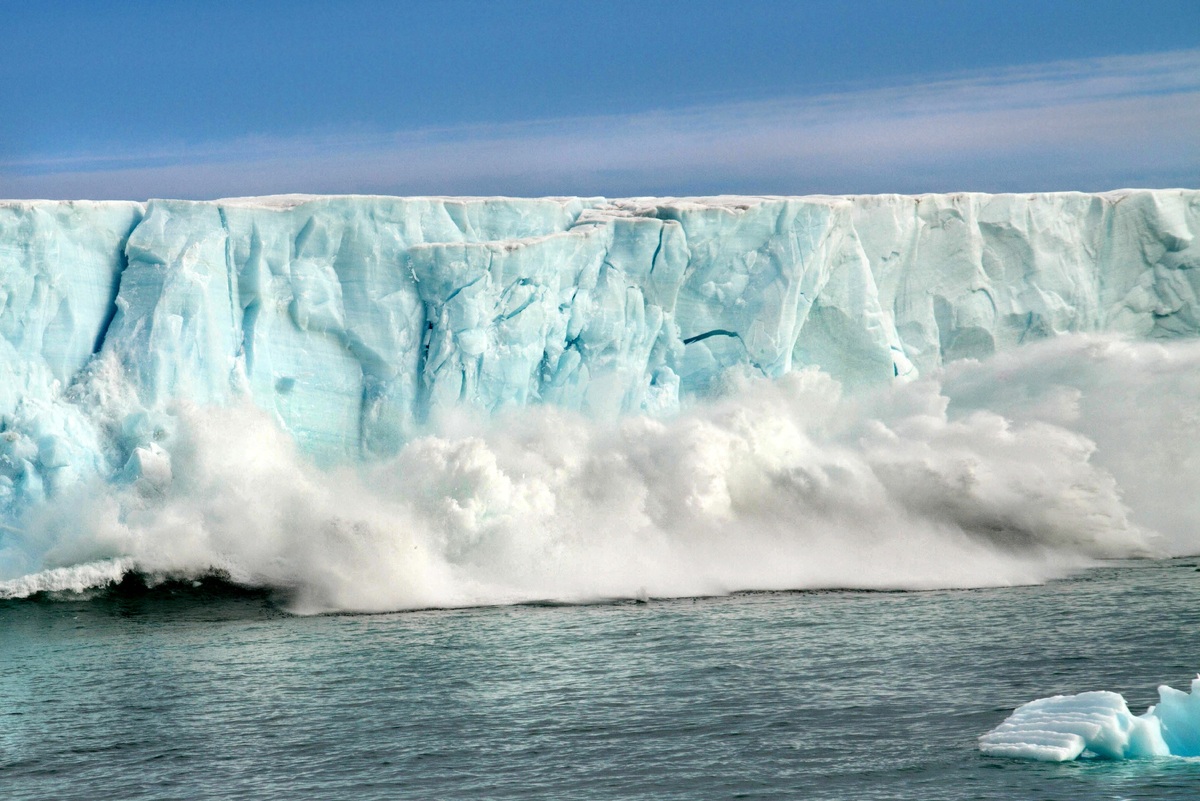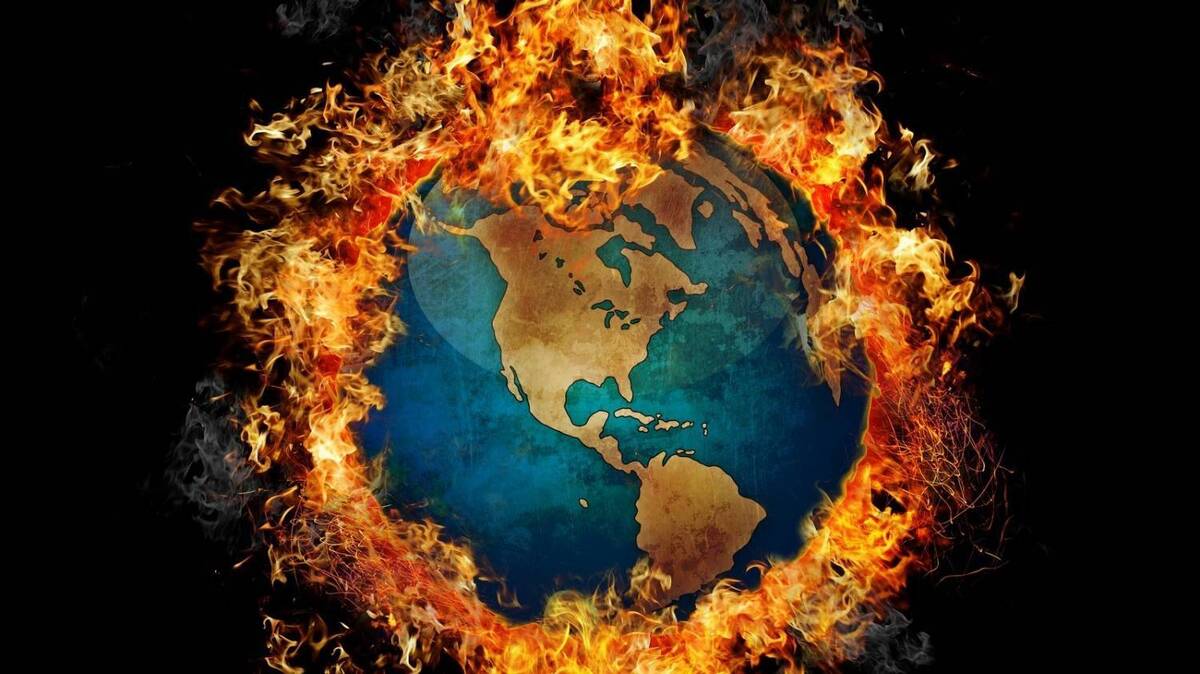Global Warming to Step Up Annual Food Inflation Up to 3% by 2035

Referring to a recent study by the institute and the European Central Bank (ECB), Maximilian Kotz, told Anadolu that increases in global warming had resulted in rises in both headline and food inflation.
Researchers at ECB and Potsdam Institute looked into inflation data from 121 developed and developing countries in the last 30 years, together with changes in climate change.
"What we found is that increases in temperature do in fact cause increases in inflation, particularly in food inflation, because of effects on agricultural productivity. The effects on food inflation go through into the rest of the economy and they cause general increases in prices," Kotz said.
Last year's heatwaves in Europe contributed 0.7% points to food inflation, the study found.
According to the World Meteorological Organization (WMO) and EU'S Copernicus Climate Change Service, Europe was the fastest-warming continent in 2022, a year marked by extreme heat, drought, and wildfires.
Climate-related hazards in Europe last year led to 16,365 reported fatalities and directly affected 156,000 people as extreme events resulted in total economic damages of $2 billion.
Noting that inflation had also risen due to factors like COVID-19 pandemic and the war in Ukraine, climate change is also set to result in a higher but also persistent inflation as warming continues to intensify.
According to the WMO, average worldwide temperatures had climbed 1.15 C last year since the 19th century, with 2023-2027 predicted to be hottest years on record.
"We find that by 2035, global warming is going to be causing increases in food inflation across the world, making it on average about 1% to 3% percentage points higher every year. So that is not, sort of, 10% to 15% but it is still a very significant effect to be happening persistently because of climate change," noted Kotz.
Warming will cause global rises in annual food and headline inflation of 0.92-3.23% and 0.32-1.18% points per year, respectively, while also altering seasonal dynamics of inflation, the study calculated.
Future warming projected for 2035 will amplify the impacts of extreme weather events in Europe by 50%, suggesting that "climate change poses risks to price stability by having an upward impact on inflation," according to the research.
Kotz explained that there is "very strong" evidence that climate change will reduce macroeconomic growth rates and production across the world in the future.
"The likely consequence of that is also a reduction in job opportunities. And the size of these impacts really depends on how much greenhouse gases and carbon we emit into the atmosphere," he said.
Despite pledges by governments to reduce fossil fuel use, greenhouse gas emissions remain at record levels. However, the world needs to cut emissions by 45% to avoid "global catastrophe," according to the UN Environment Program.
"Global catastrophe" means that global warming increasing past 2.8 C by the end of the century with the policies currently in place.
As the worsening climate is making certain regions more "uninhabitable," particularly in the developing world where people are very dependent on local agricultural production, Kotz said that this would likely trigger more migration.
"It is very hard to assess these risk scientifically because we do not have good data but migration is likely to be more and more of an issue," he concluded.
A London based think tank, the Institute for Economics and Peace estimated that about 1.2 billion people could be displaced by climate change by mid-century.
4155/v
























